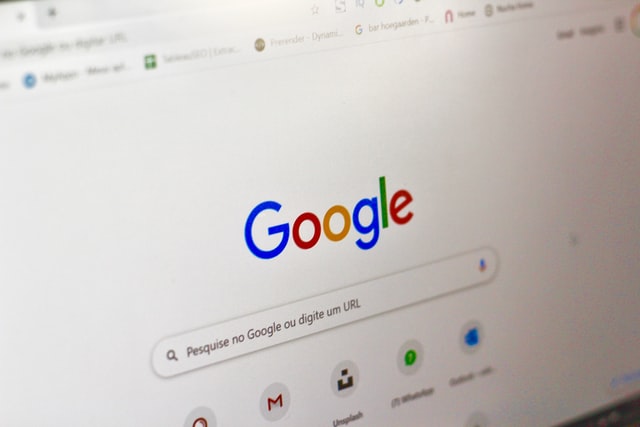‘Dr. Google’, the Substitute Physician in the Age of Cyberchondriacs
The more we search on google, the more fatally we perceive our symptoms, which in turn can aggravate our stress.

Credits: Nathana Reboucas
June 24, 2022
Remember the time you had a headache that wouldn’t go away and through internet surfing, you inadvertently diagnosed yourself with a brain tumor? Fortunately, the headache went away, and it turned out to be nothing but a low intensity migraine. However, for a moment, you may have panicked and scared yourself as well as those around you.
At various levels and points of time, we’ve all been there: googling a small physical ailment, and instead of going to the doctor, blowing it out of proportion. A small rash can become skin cancer, mild indigestion became a cardiac problem, and so on.
At times, Google doesn’t spare mental health concerns as well! A sad day becomes a “depressing” one and a knack for cleanliness is labelled as ‘obsessive-compulsive disorder!’
The more we search, the more fatally we perceive our symptoms. These hyperbolic search results can aggravate our stress.
Matters worsen when we believe these results and are on the lookout for bigger symptoms to show up. This can lead to imagined aches and related symptoms.
Although illness-anxiety or what medical science calls hypochondria is not new, ubiquitous access to the internet has given it a new angle. Information is just a click away, but how accurate this information is, is a different question altogether.
Hypochondria is when someone has unfounded worry about having an illness without any medical proof. On a related note, cyberchondria can be said to be an obsessive worry fueled by internet searches.

Credits: Philipp Katzenberger
So, are you a Cyberchondriac? Well, if you tick all the boxes in the list below, chances are yes!
1) Do you remain preoccupied with the thoughts of getting a disease/disorder?
2) Do you amplify minor signs or symptoms as something major?
3) Do you keep looking for information online on minor symptoms compulsively & many times a day?
4) Is your checking limited to only verified medical sites or does it extend to random blogs, videos, etc. which are uploaded by people without any medical background?
5) You are healthy according to your family & doctor, yet there is always a nagging feeling and you need constant reassurance.
6) Checking the information about ‘your symptoms’ helps relieve anxiety.
Please Note: The abovementioned list is not a channel for self-diagnosis, but merely a tool for self-reflection.
Cyberchondria has serious repercussions. On an individual level, individuals suffer from unwarranted anxiety due to it. Also, self-treatment and misdiagnosis have severe health outcomes.
Secondly, it makes it hard for doctors to manage and treat cyberchondriacs as they amplify their symptoms and may undermine the treatment as well.
The increasing prevalence of cyberchondria also puts a heavy load on healthcare services. Research all over the world has shown that an increasing number of people turn to healthcare services with internet-induced health anxiety and no real illness. This causes healthcare services huge losses in terms of work hours and finances.
What to do?
1) Do not Self-treat: While internet searches save some time and money, they are not replacements for actual medical care. Chances are bright that people completely misread the symptoms and initiate self-treatment which could be detrimental to their health. The Internet may be trusted to report mild sensations and natural home remedies but not for medication and treatment.
2) Trust your Doctor: Your doctor has spent years studying medicine and is an expert in the field. Cyberchondriacs tend to distrust the doctor when the doctor’s version does not match their narrative or self-diagnosis. Often, they are convinced of having contracted a condition worse than the one in truth, courtesy the exaggerated search results. But we must remember that the internet’s blogs and websites are no match for a doctor’s experience and expertise.
3) Use Technology as an Add-on: Rather than obsessive reading on different disorders, the internet and technology can be used as health tools. One can use different applications to monitor one’s health or maintain good eating & exercising habits.
4) Stay Calm & Challenge your Beliefs: You can relax with the help of guided meditation or exercise. If feeling too anxious, discuss your beliefs with loved ones or a mental health practitioner. Question your own beliefs regarding health and illness and demand proof from yourself.
Author bio: Nisha Phakey is a Doctoral Research Fellow at JIBS
